

An Investigation of the Laws of Thought: on which are Founded the Mathematical Theories of Logic and Probabilities,
BOOLE (George)
- Libraire : Jeffrey Stern Antiquarian/STERN ACADEMIC (York, NYK, United Kingdom)
- Evaluation du vendeur :

- Quantité : 1
Détails bibliographiques
Titre : An Investigation of the Laws of Thought: on ...
Reliure : Hardcover
Edition : 1st Edition
Description : First Edition, probable third issue, iv, errata leaf, 424pp, tall royal octavo, original publisher's green pebble grained cloth, blind ruled on boards, gilt lettered, spine extremities neatly restored and with new endpapers, a very good copy, London, Macmillan, 1854. PHOTOGRAPHS AVAILABLE ON REQUEST. "Boole invented the first practical system of logic in algebraic form, which enabled more advances in logic to be made in the decades of the nineteenth century than in the twenty-two centuries preceding. Boole's work led to the creation of set theory and probability theory in mathematics, to the philosophical work of Peirce, Russell, Whitehead and Wittgenstein, and to computer technology via the master's thesis of C. E. Shannon (1937), who recognized that the true/false values in Boole's two-valued algebra were analgous to the open and closed states of electric circuits. Since Boole showed that logics can be reduced to very simple algebraic systems - known today as Boolean Algebras - it was possible for Babbage and his sucessors to design organs for a computer that could perform the necessary logical tasks. Thus our debt to this simple, quiet man, george Boole, is extraordinarily great." "This invention of the binary digit or "bit" made possible the development of the digital computer" (Norman). Today nearly everyone who uses a computer is familiar with Boolean Logic but the book that launched the theory is scarce. Norman 266; Origins of Cyberspace 224. N° de réf. du libraire 15163
POUR COMMANDER ou POUR PLUS D'INFORMATION




 |
|  del.icio.us |
del.icio.us |  |
|  Digg |
Digg | ![]() Facebook
Facebook









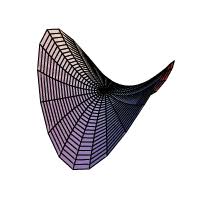

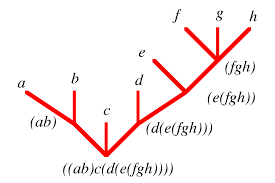

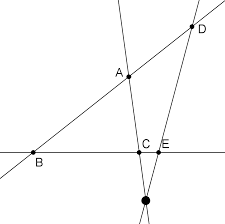

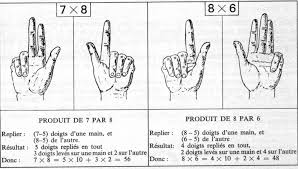


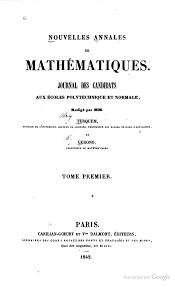

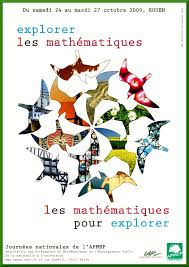



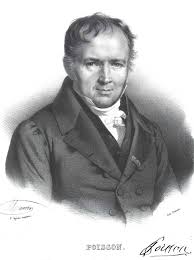

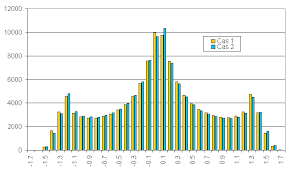
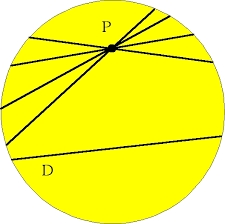


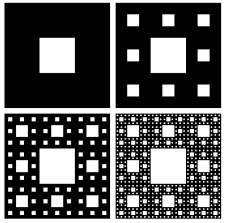
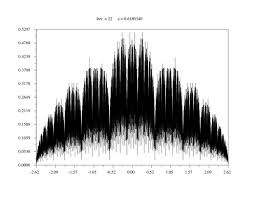
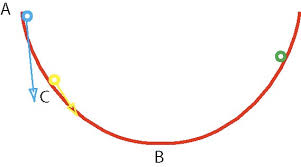

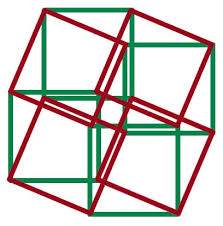



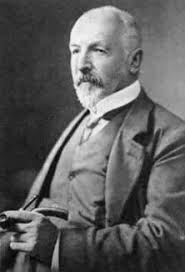

Les commentaires sont fermés.